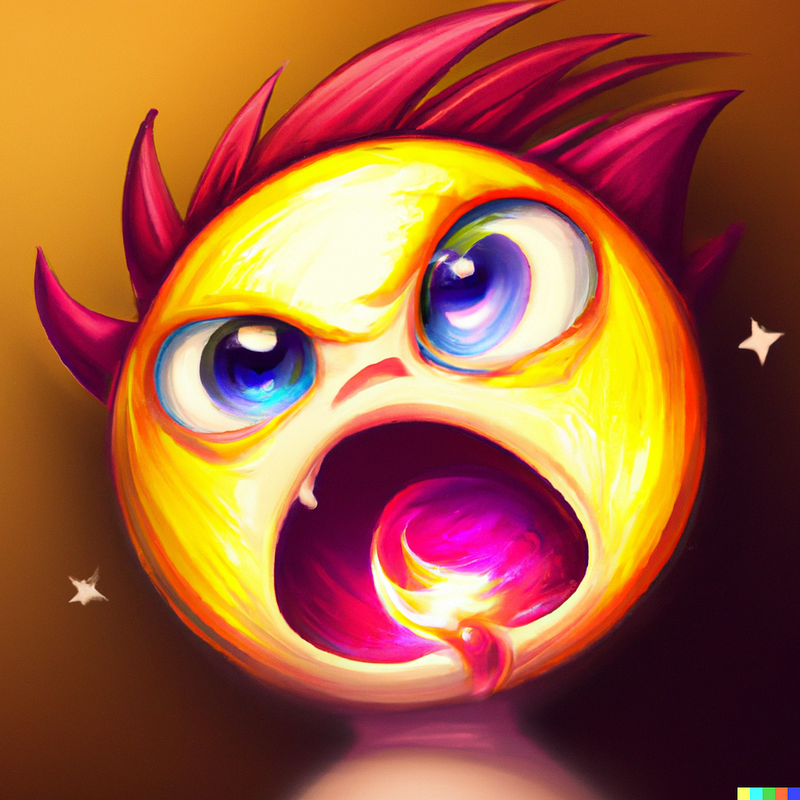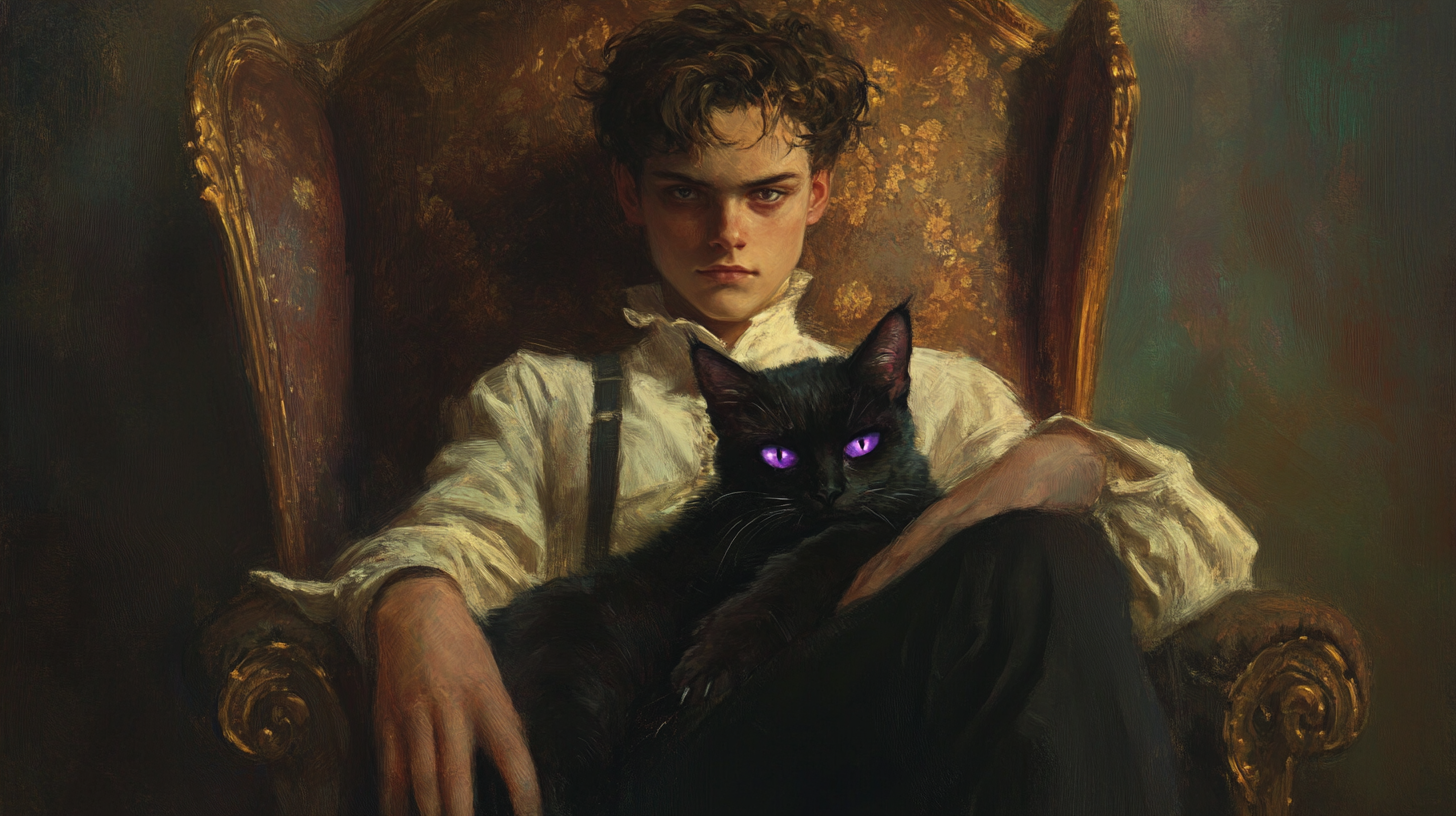The Unbearable Burden of Nonbeing
Because you can’t not be on a boat — all you can be is not on boats


Life is difficult. Unfortunately, living our lives is made more difficult by the sheer volume of other people trying to live their lives right next to us. Each of us overlaps existence with countless others, many of whom we never recognize are affected by our actions.
In the past week, I read two articles that demonstrate the importance of finding ourselves and nurturing ourselves — especially in the face of dissent from our social environment. Of course, simply telling you “[t]his above all: to thine own self be true” and letting it go at that would have the same limp impact of Polonius’s speech to his son Laertes.
Although there are many great lines in that speech from “Hamlet,” Polonius is written as comic relief, and his speech cements his character as a blowhard nobody needs to listen to. His death was likely met with cheers in The Globe Theatre.
I don’t want my death to be met with cheers. As such, I want to illustrate that struggle — while difficult — is why we exist. We are human only as long as we fight to be so.
When others put us in a box of their device and keep us there, we live in a state I name “nonbeing.” We do not — we cannot — truly exist until we exist as we choose.
Moving out of my mother’s house
Like all children, I wanted to assert myself and develop my identity. Unfortunately, neither of my parents was well-equipped to assist me. Both had their own emotional immaturity and ghosts to battle — teaching children the importance of loving themselves and caring for themselves requires an instructor capable of demonstrating it.
Instead, I grew up in a maelstrom of caring for my parents and neglecting myself. I learned patterns of behavior and thought that hamper me to this day: I am not worthy of love; every other person must be happy before I am; I can and must fix every problem.
As soon as I could, I moved out of my mother’s house. There was no chance I would attend a community college in my home town. I wanted to be as far away from my parents’ influence as possible. I believed I could not be content with who I was because they held me back. By leaving my home town, I would blossom into the person I knew I could be.
I was, however, completely unprepared to be on my own. I didn’t know how to care for myself, which barely mattered because I didn’t care about myself. I stepped into a world I had never even heard described, and I was swept away by the raging torrent of its river as I dipped my toe in the water.
The downward spiral
College taught me the benefit of self-medicating: alcohol and drugs were cheap compared to having to confront my inner demon — correction, my inner woman. I tried dulling my pain with sex — any flavor. I tried killing my senses with starvation and clove cigarettes. I tried simply killing myself.
I was willing to try anything other than to look inside and discover what made me need to dull the pain, where the pain came from, and why the pain I inflicted upon myself was better than the pain it masked.
By graduate school, I whirled through personalities as quickly as sex partners. Somehow I survived. Somehow I finished an advanced degree. Somewhere deep inside was a stubborn child stumbling onward, propelling her stupid adult against her will.
I was fortunate.
The statistic bandied about in the transgender community is more than 80% — 4 out of 5 people who identify as transgender — have attempted or seriously considered suicide. That isn’t a good survival rate.
But I don’t mean to speak only of the transgender community. Feeling a sense of alienation is a human condition, not a transgender condition. What is it that fuels suicide, alienation, and the general malaise global population appears to suffer?
The answer is an inescapable situation of being “othered.”
Kissed in a way to say you’re the other woman
I mentioned two articles in the introduction. The first was written by Lilith Helstrom about her inability to share excitement with the people she cares about.
Lilith grew up in a conservative Christian environment. Her family is predominantly conservative and Christian. Even the most accepting in her family chose not to hear her critical view on conservative Christianity even though to do so would be to share Lilith’s sense of life.
Instead, Lilith was left to celebrate on her own. Her family chooses to reject her instead of listen to her. Despite finding who she is, breaking the chains of religion and oppression that caused distress for decades, Lilith is left with a bitter taste as her old life is incompatible with the new.
The other article was written by Emma Holiday about the difficulty in seeing herself part-time amidst a life of pretending to be cisgender.
Emma finally accepted who she is — a transgender woman — after a lifetime of hiding. She is able to display her true self infrequently, and recently, she was disappointed in how her true self presented. Despite trying to engage with her true self, the experience is lukewarm and must end when Monday rolls around.
Emma cannot rejoice in her journey of self-discovery. Instead, she confides her disappointment in her therapist. Regardless of her fight to find herself and assert herself, Emma is left with a bitter taste as her trouble has not been repaid.
The meaning of liff
I began this article with a bold claim: the struggle inherent in life is precisely what gives it meaning. That is — despite setbacks, naysayers, and bad luck — humans are at their best when struggling to find themselves and to find the way through. Knowing we are capable enough to weather any storm gives us reason to continue weathering storms — and greater and more dangerous ones, at that.
My story is one of confusion, immaturity, delusion, and denial. When I finally decided I would reach inside to draw out who I am, I believe I got better. I’m not perfect. I won’t be perfect. But I am capable of finding within me the strength to carry on.
When we reclaim our right to define ourselves, we lose other benefits in the process. I lost friends for transitioning gender; Lilith cannot share her life with her family; Emma must wait in the wings for now.
But as I have written several times before, Rollo May demonstrated by accepting ourselves first, not only are we better people, the world is overall a better place to live.
Because of the journey my life took, I educate those willing to hear about the transgender experience as it relates to science and philosophy.
Because of the oppression Lilith cast off, she gives words of support to others facing the same stifling hatred.
Because of the gender dysphoria Emma endures, she gives hope and the sense we are not alone in our struggles.
We cannot stop every evil thought, word, and deed we see in the world today — as we silence one, three others take its place. But we can prevent those who would do evil to us from defining who we are. We — all of us — are better for living in social environments that challenge us, and being unwilling to change for its sake.
Life is difficult. The past couple weeks have been very trying in my life. I am fortunate to be able to communicate with every reader and every writer here. Thank you for enriching my life. As the Amazons of Themyscira pledge an oath of sisterhood:
Your battle is my battle.




